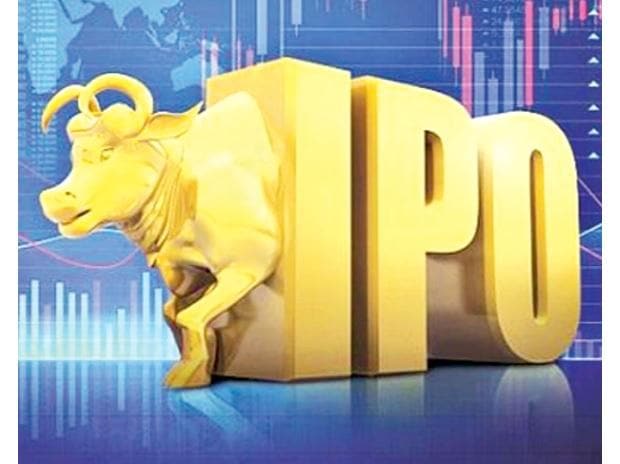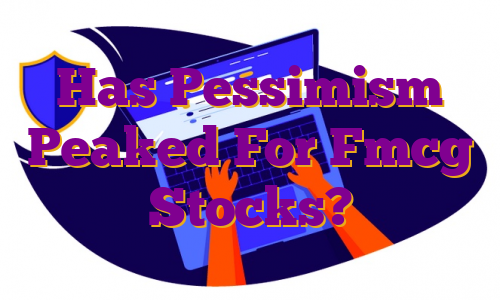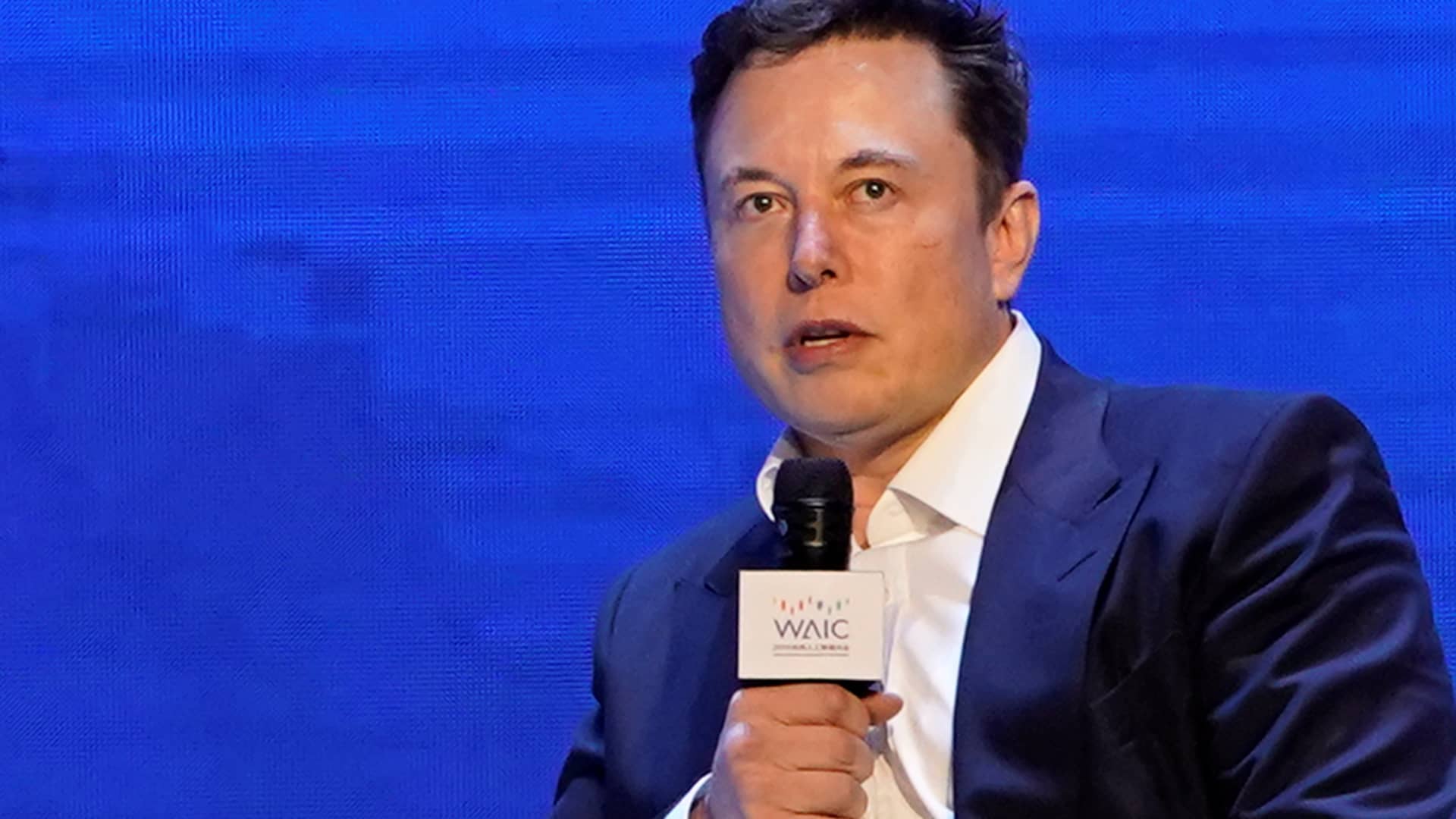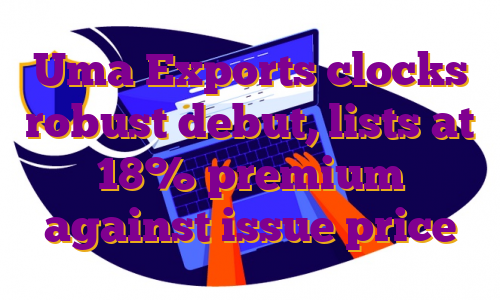Venus Pipes & Tubes made a good stock market debut, with shares of the company getting listed at Rs 337.50 apiece, a 4 per cent premium against its issue price of Rs 326 per share on the National Stock Exchange (NSE) on Tuesday. On the BSE, the stock opened at Rs 335, 3 per cent higher from its issue price.
Venus Pipes was locked in the 5 per cent upper circuit at Rs 351.75 on the BSE, while it froze at a price of Rs 354.35 on the NSE, exchange data shows. Till 10:08 am, a combined 1 million equity shares had changed hands. There are pending buy orders for around 530,000 shares on the NSE and BSE. In comparison, the S&P BSE Sensex was down 0.30 per cent at 54,123 points.
The Rs 165-crore initial public offer (IPO) of Venus Pipes & Tubes had received a robust response from investors with the issue seen subscription level of 16.31 times. Qualified institutional buyers portion attracted 12.02 times subscription, while the category for retail individual investors was subscribed 19 times and that for non-institutional investors nearly 16 times.
The company proposes to utilize the net proceeds from the issue towards financing the project cost towards capacity expansion, technological upgradation, cost optimization of operations and backward integration for manufacturing of hollow pipes amounting Rs 108 crore. The company also aims to meet long-term working capital requirements amounting Rs 25 crore and balance towards general corporate purposes.
Venus Pipes & Tubes is a pipes and tubes manufacturer with the sole focus on manufacturing of welded and seamless pipes in a single metal category, i.e., stainless steel (SS). The company, under the brand name Venus, supplies its products for applications in diverse sectors, including chemicals, engineering, fertilizers, pharmaceuticals, power, food processing, paper and oil and gas.
“China is the largest exporter of SS tubes and pipes to India and accounts for nearly half of India’s total imports. Effective May 2021, the Chinese government cancelled export rebates (13 per cent) on seamless pipes and tubes and other steel products to encourage Chinese steel manufacturers to focus on the domestic market. This move is expected to benefit steel pipe and tube manufacturers in India as Chinese steel becomes costlier. Moreover, only BIS certified products can now be used for all projects in the country, which may lead to import substitution,” Edelweiss Broking had said in a IPO note.
Meanwhile Centrum Broking added that Venus Pipes’ balance sheet is strong with net debt/EBITDA of 1x (FY19: 3.5x). Venus has the potential to generate EBITDA of Rs 900mn-1bn/year (~2x from FY22 annualized EBITDA) at full capacity which can happen in FY25. The EBITDA increase should happen on volume expansion (capacity increasing from 10,800tpa to 24,000 tpa), improved customer mix by shifting sales from stockiest to direct sales/tender based, backward integration and improving operating efficiencies.
 Dear Reader,
Dear Reader,
Business Standard has always strived hard to provide up-to-date information and commentary on developments that are of interest to you and have wider political and economic implications for the country and the world. Your encouragement and constant feedback on how to improve our offering have only made our resolve and commitment to these ideals stronger. Even during these difficult times arising out of Covid-19, we continue to remain committed to keeping you informed and updated with credible news, authoritative views and incisive commentary on topical issues of relevance.
We, however, have a request.
As we battle the economic impact of the pandemic, we need your support even more, so that we can continue to offer you more quality content. Our subscription model has seen an encouraging response from many of you, who have subscribed to our online content. More subscription to our online content can only help us achieve the goals of offering you even better and more relevant content. We believe in free, fair and credible journalism. Your support through more subscriptions can help us practise the journalism to which we are committed.
Support quality journalism and subscribe to Business Standard.
Digital Editor
!function(f,b,e,v,n,t,s){if(f.fbq)return;n=f.fbq=function(){n.callMethod?n.callMethod.apply(n,arguments):n.queue.push(arguments)};if(!f._fbq)f._fbq=n;n.push=n;n.loaded=!0;n.version=’2.0′;n.queue=[];t=b.createElement(e);t.async=!0;t.src=v;s=b.getElementsByTagName(e)[0];s.parentNode.insertBefore(t,s)}(window,document,’script’,’https://connect.facebook.net/en_US/fbevents.js’);fbq(‘init’,’550264998751686′);fbq(‘track’,’PageView’); .




















 Dear Reader,
Dear Reader,





 Dear Reader,
Dear Reader,